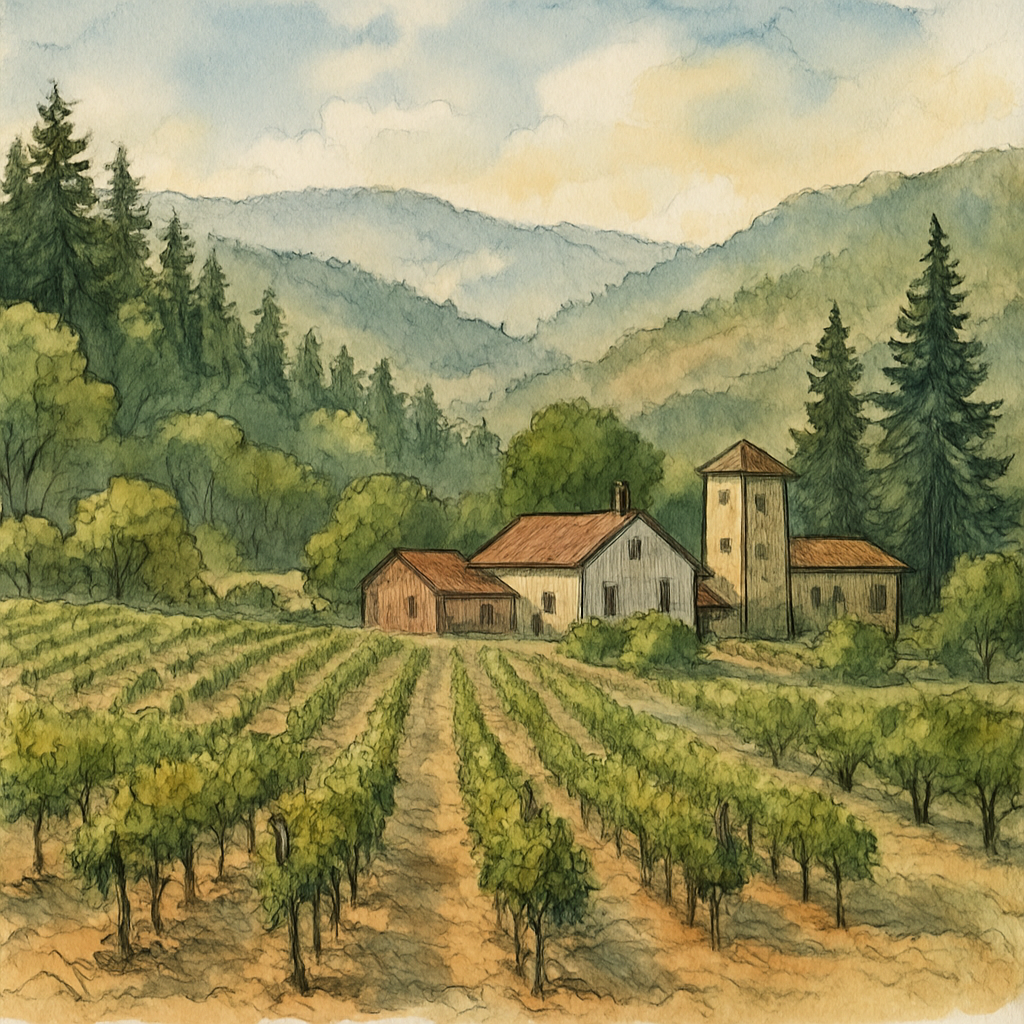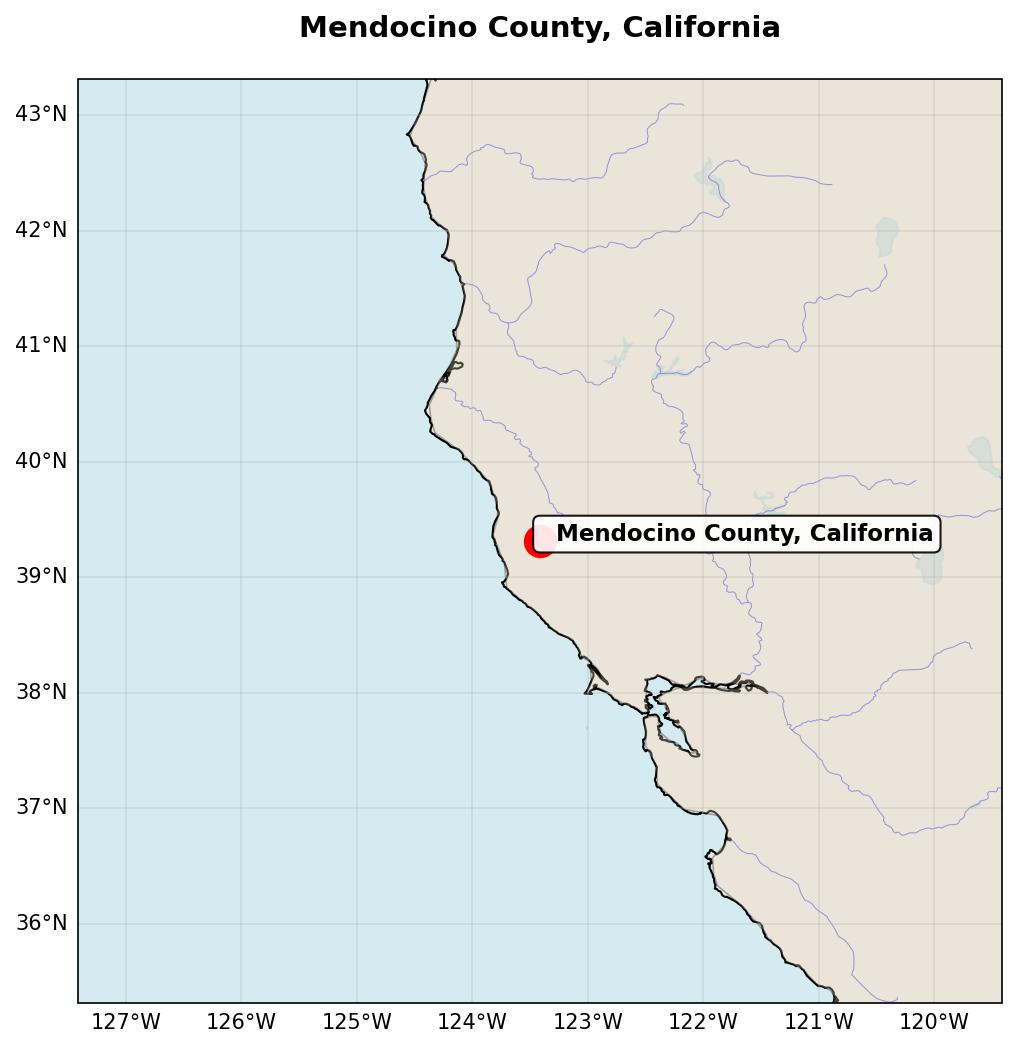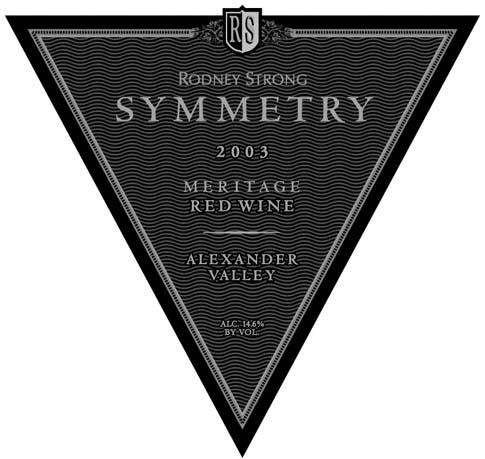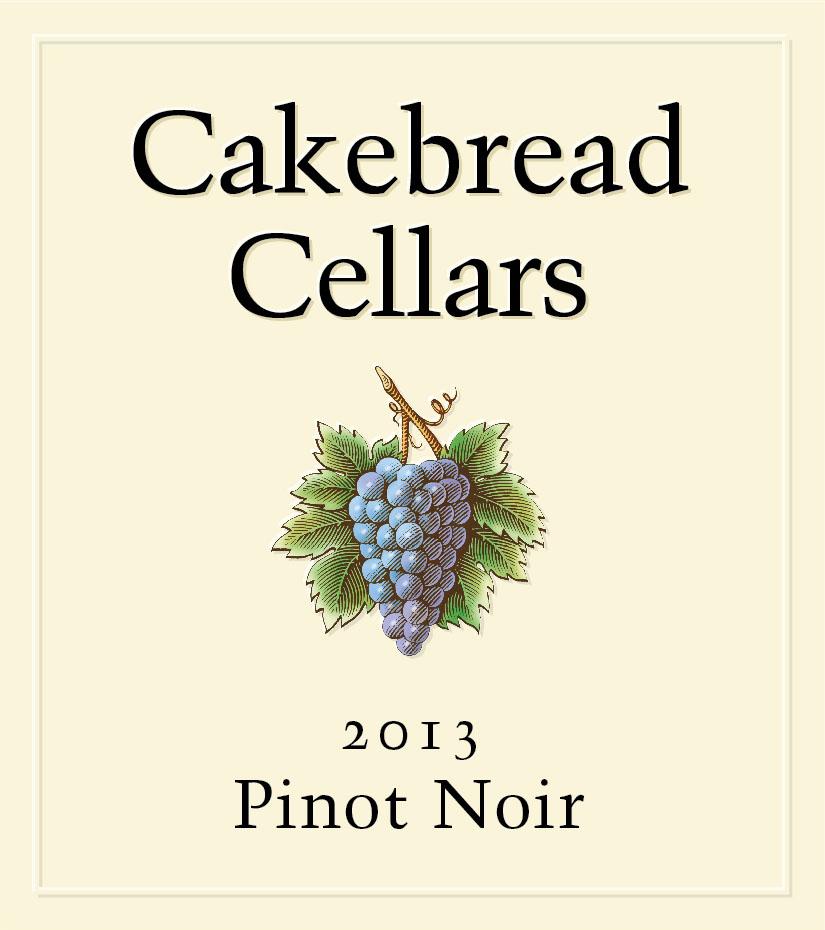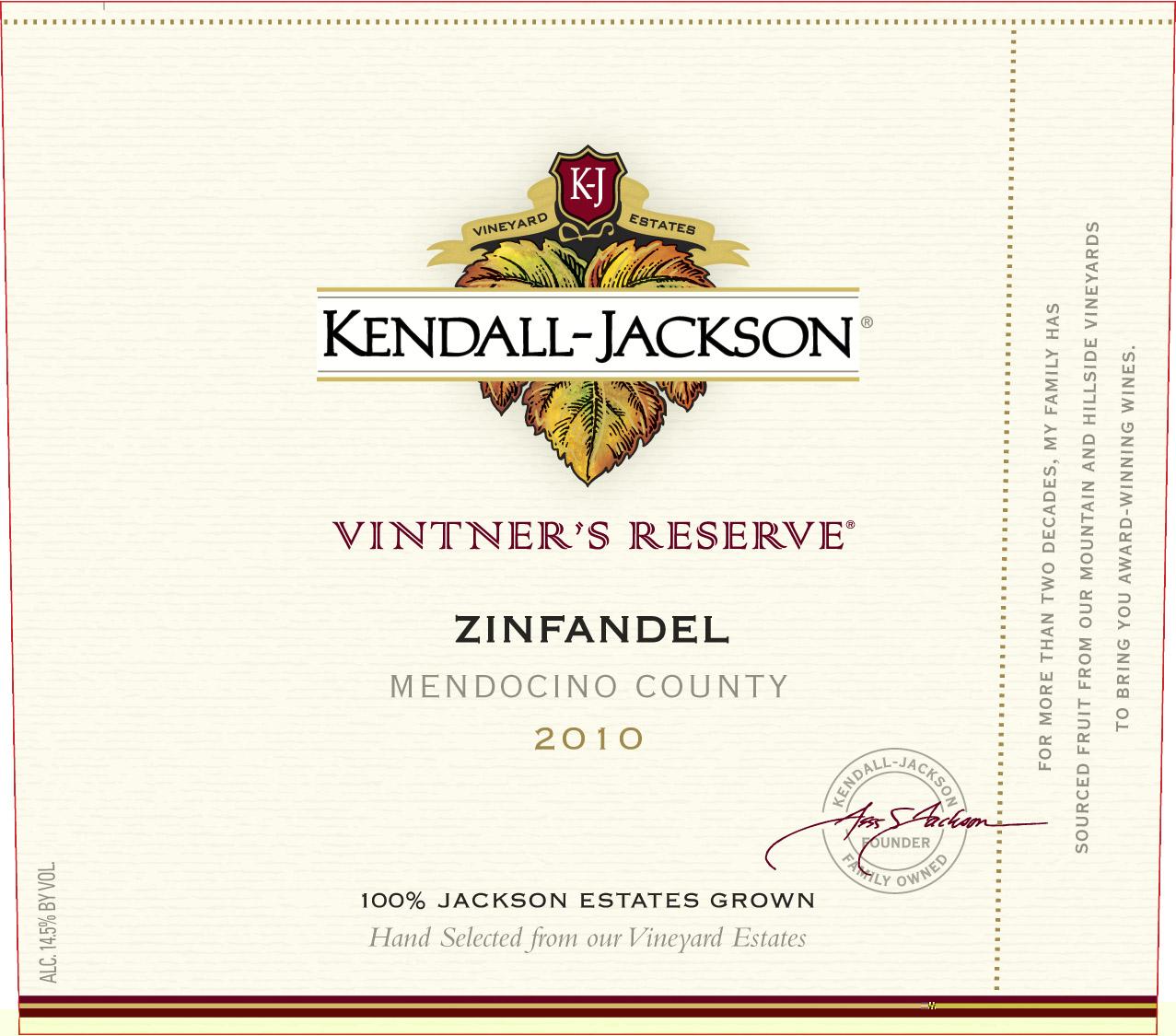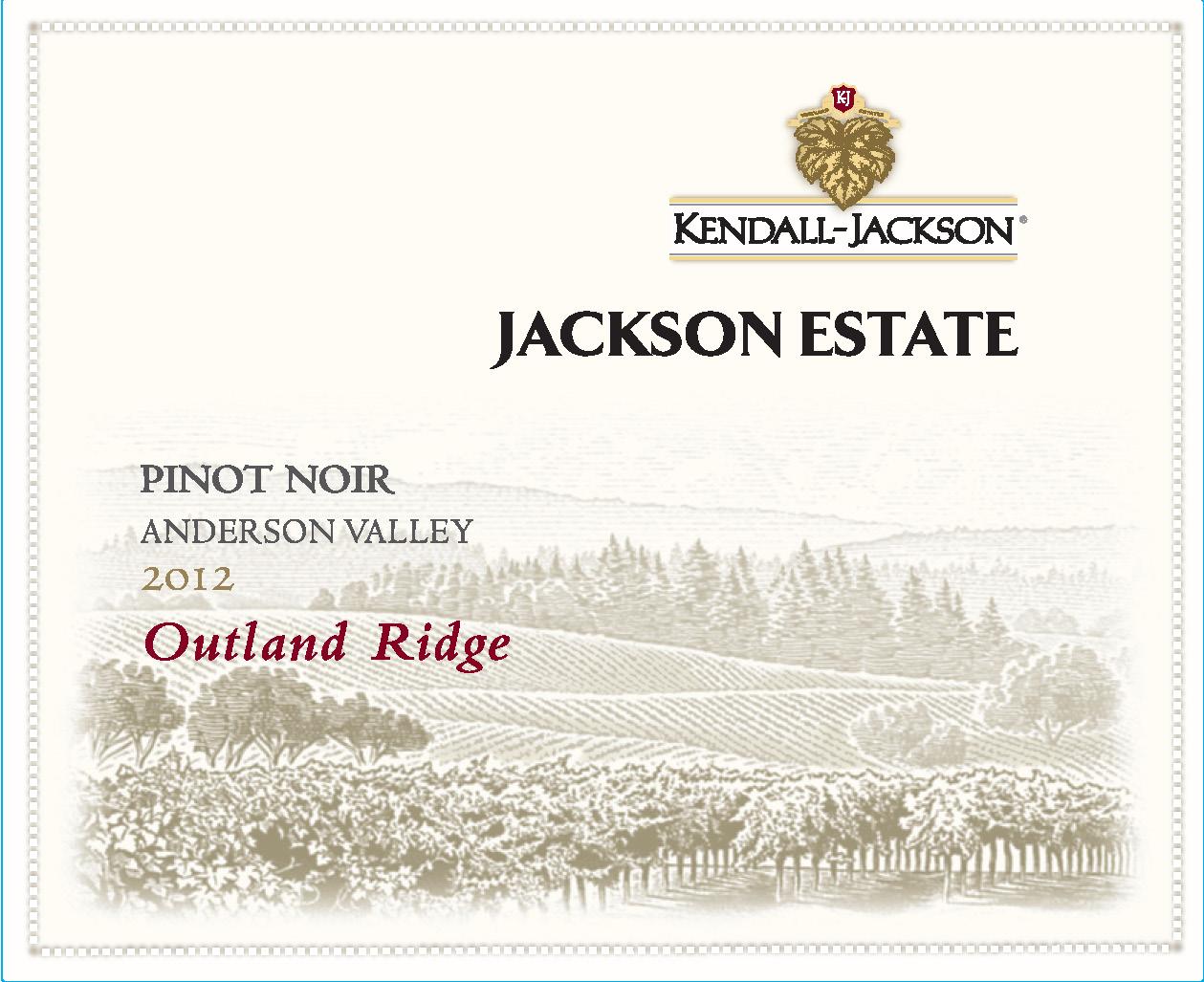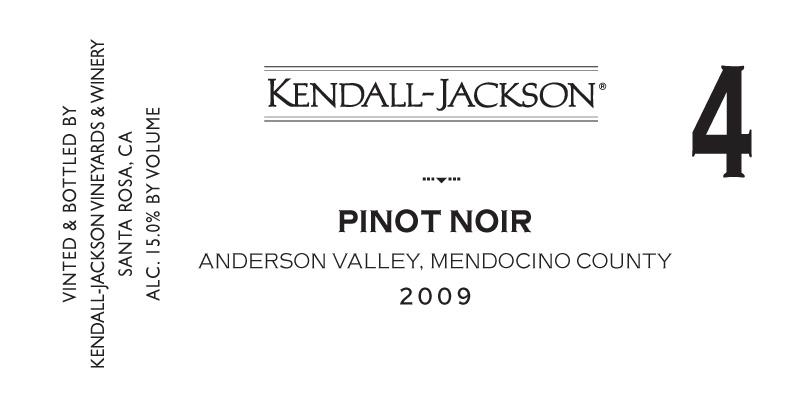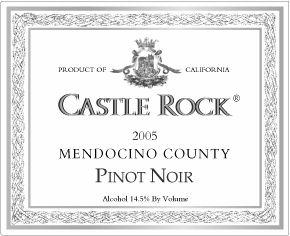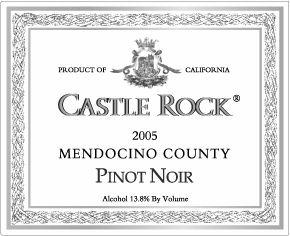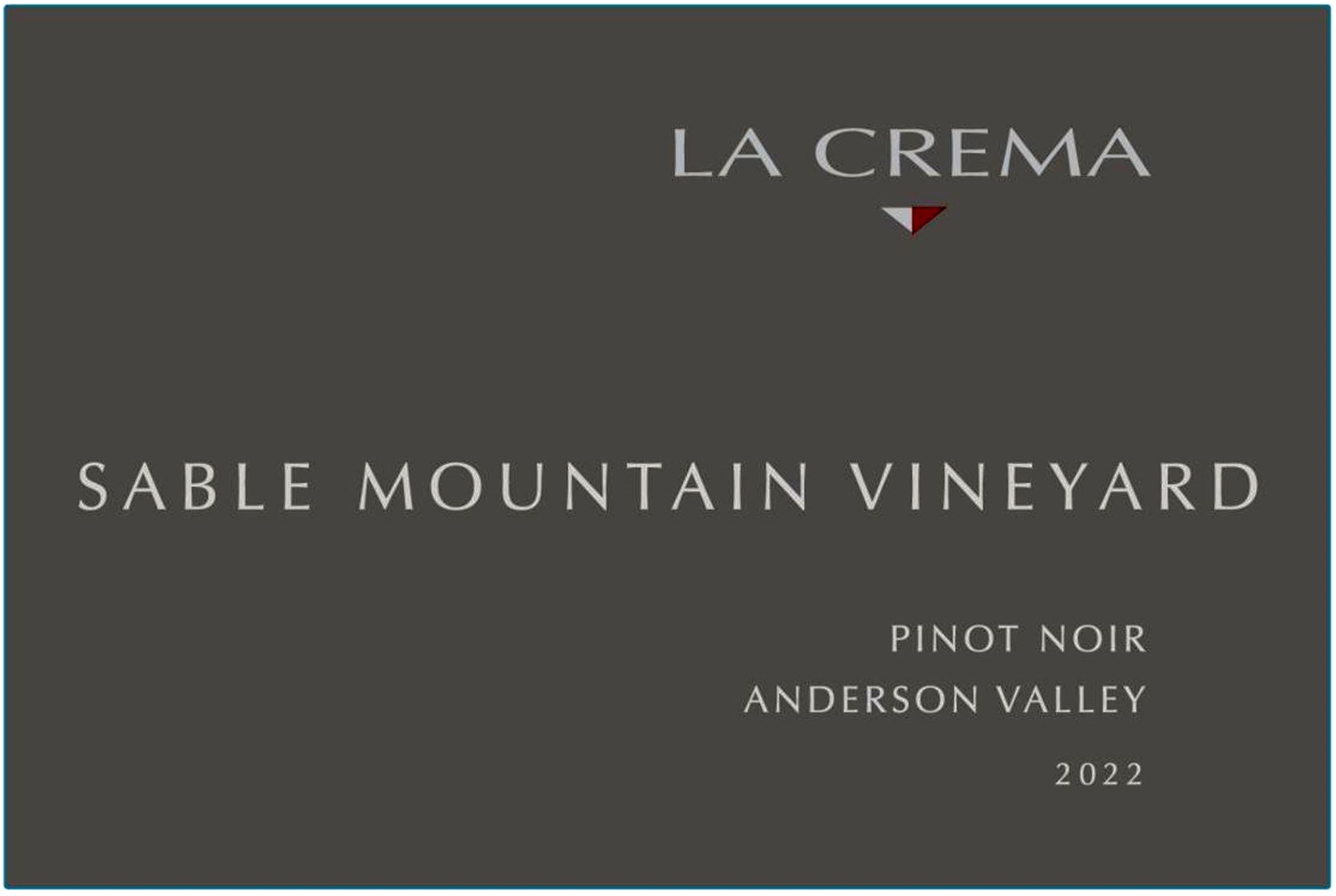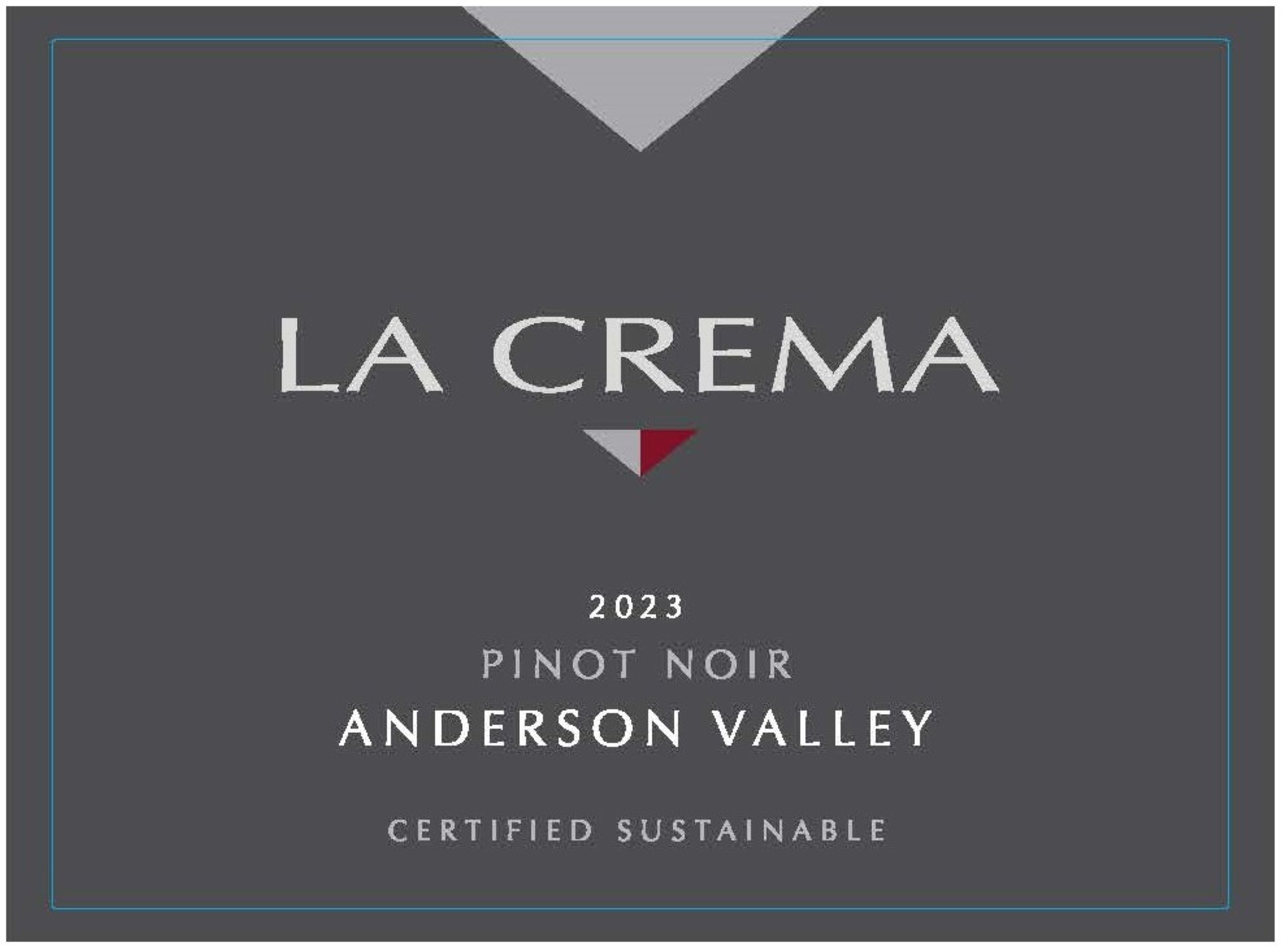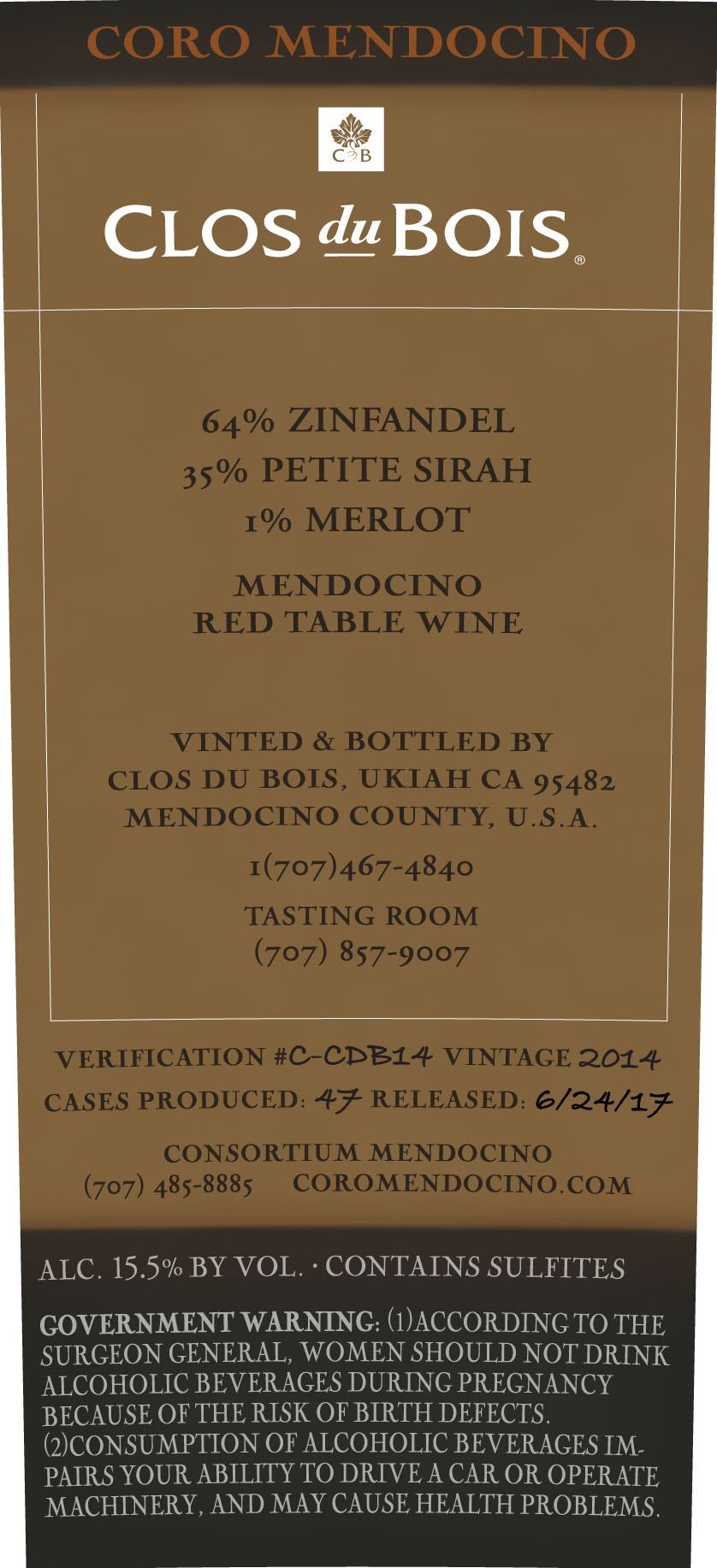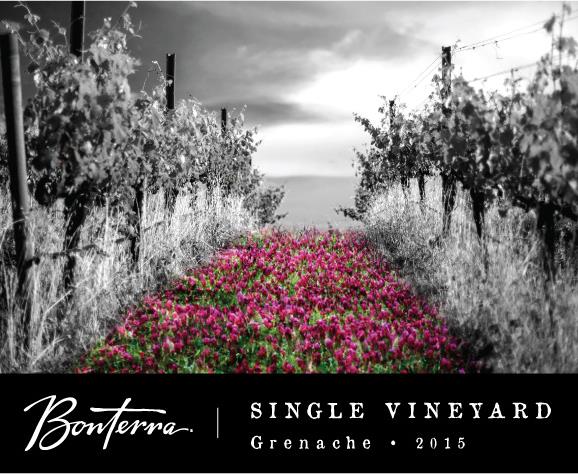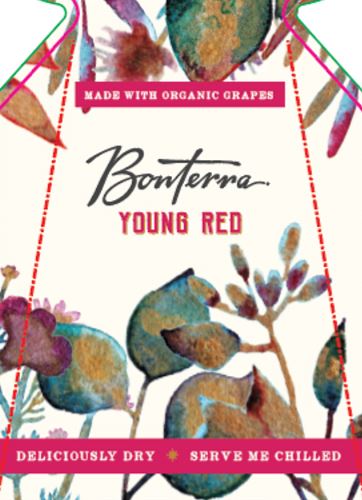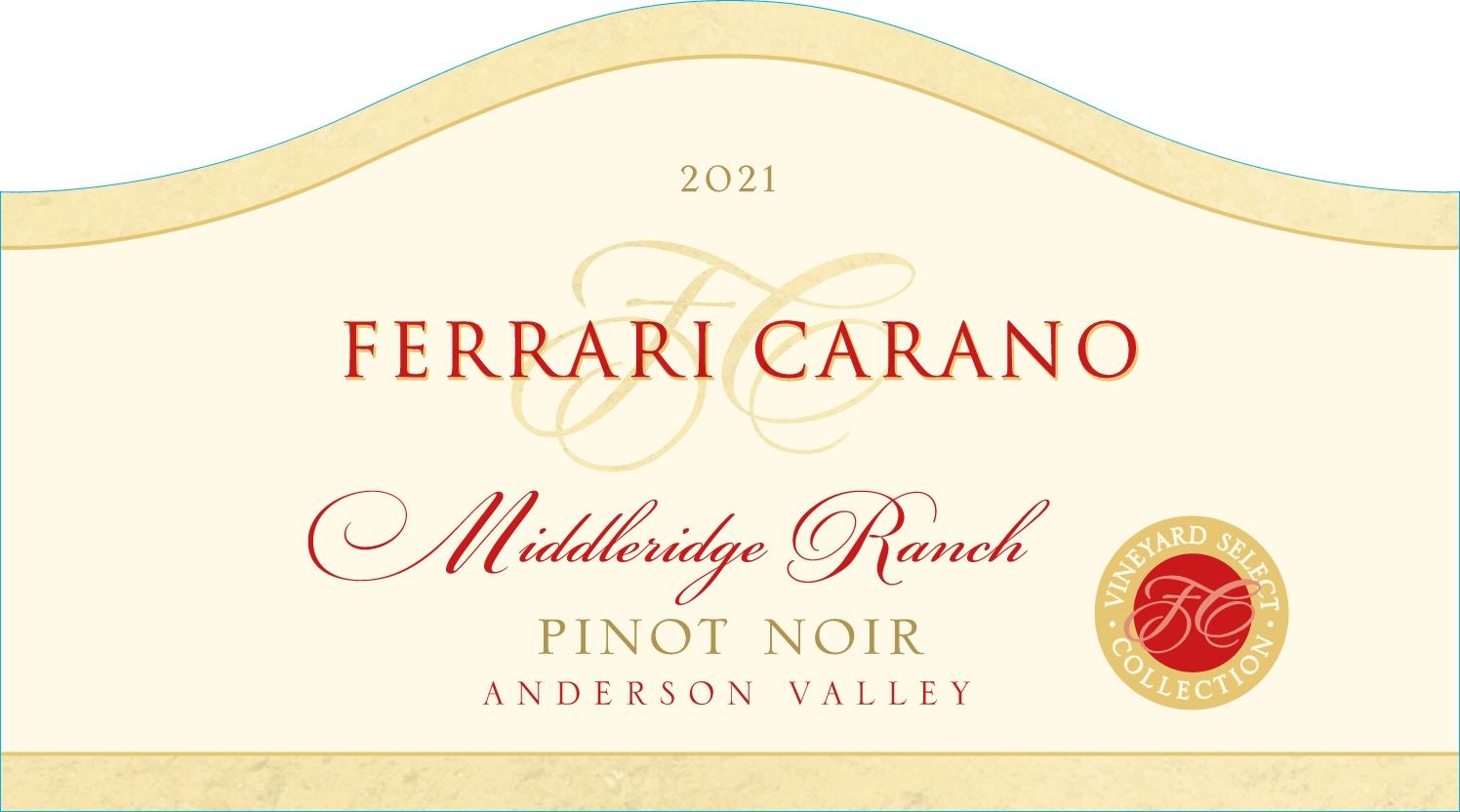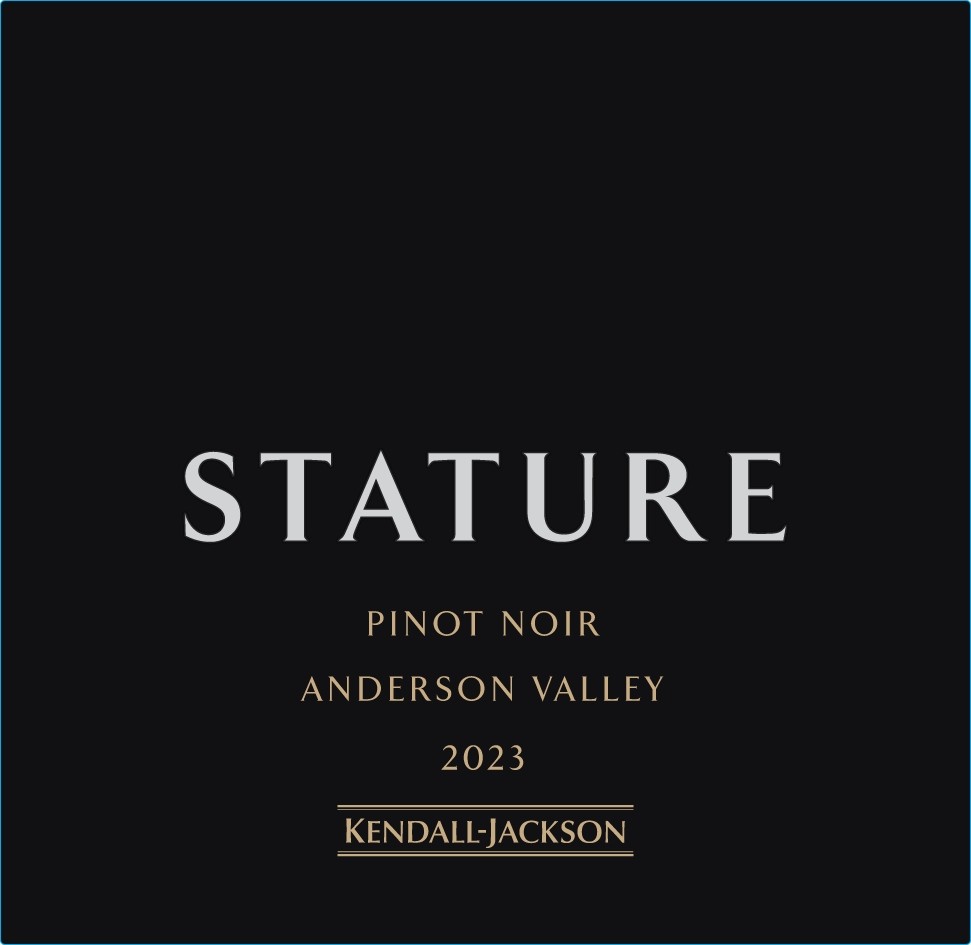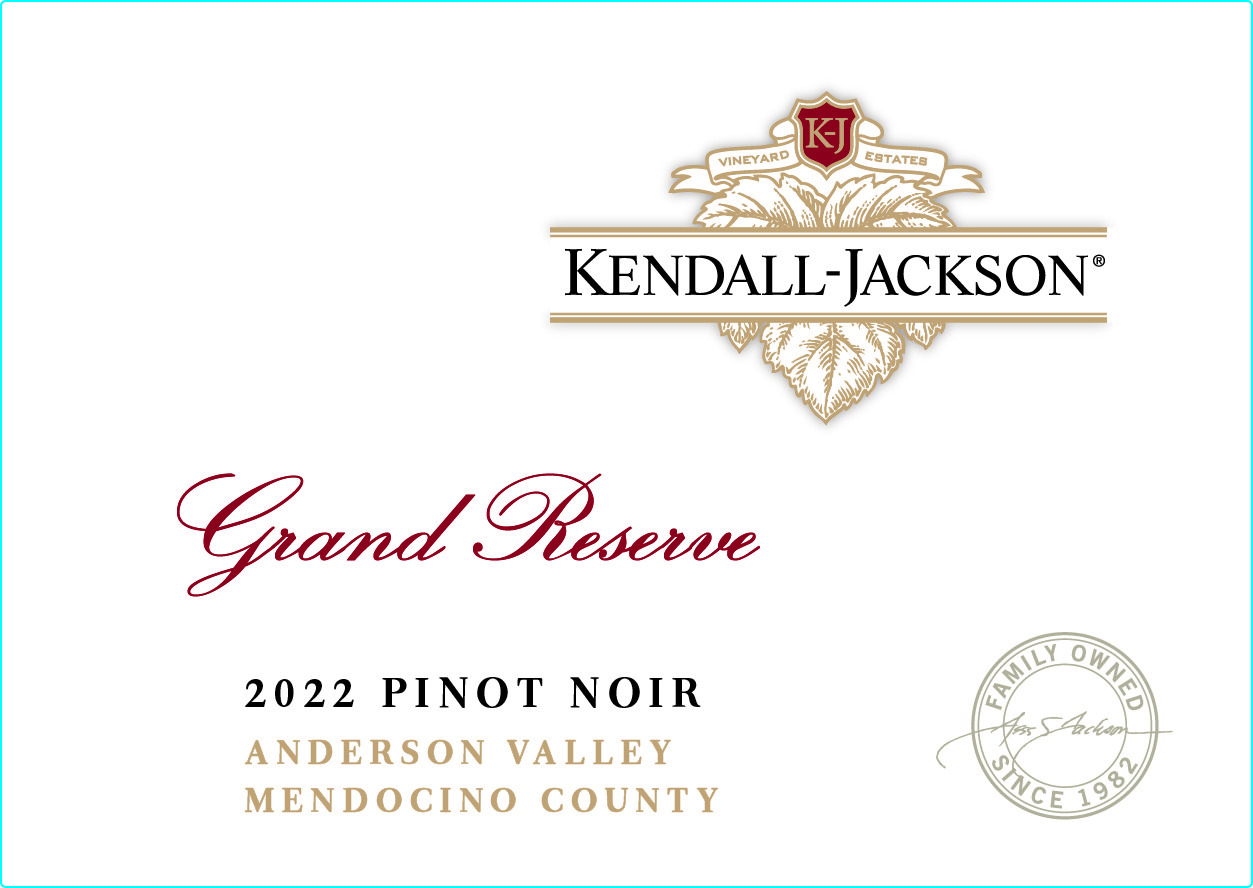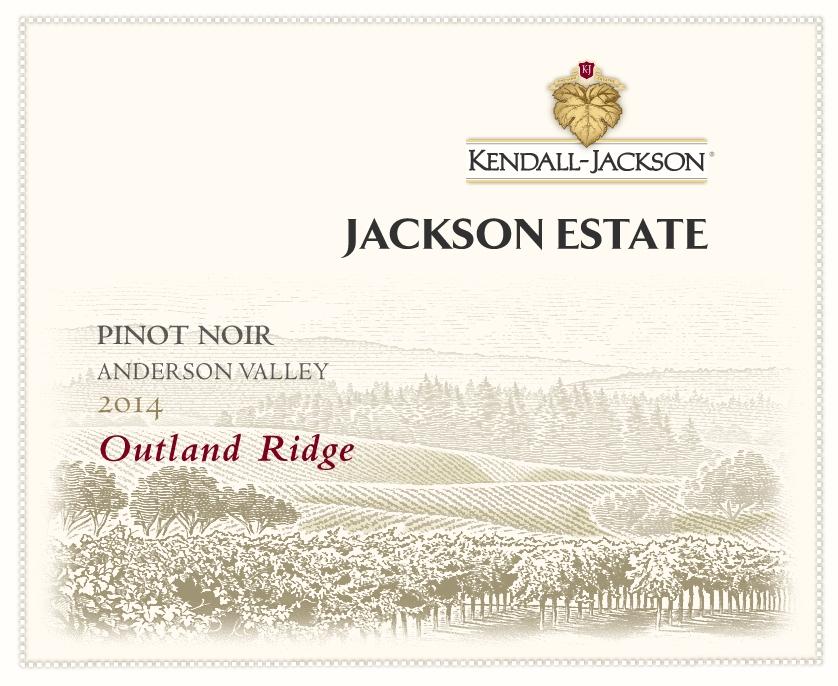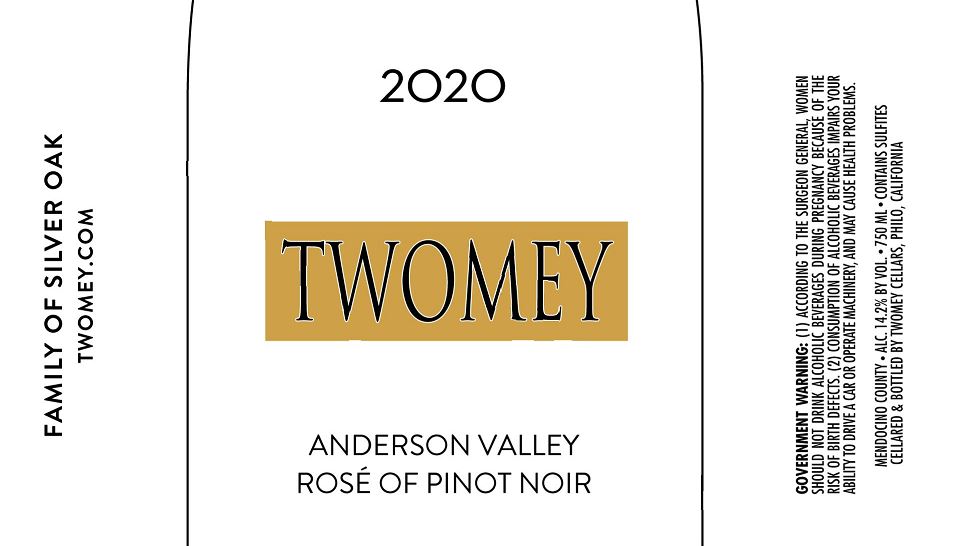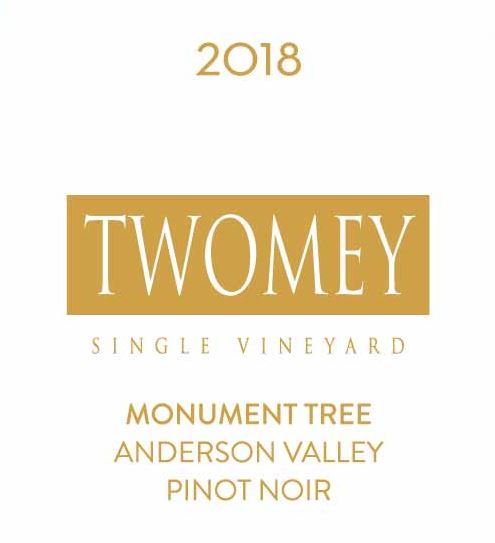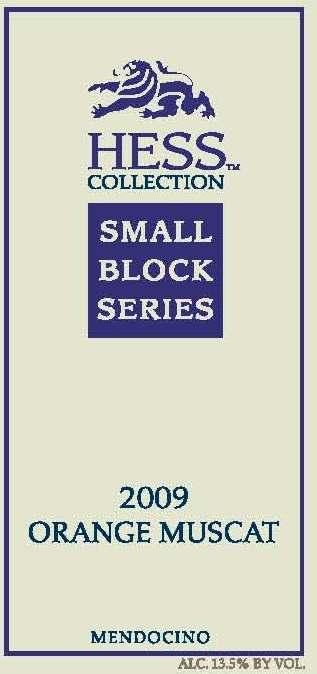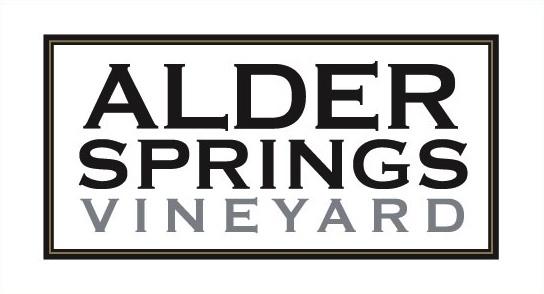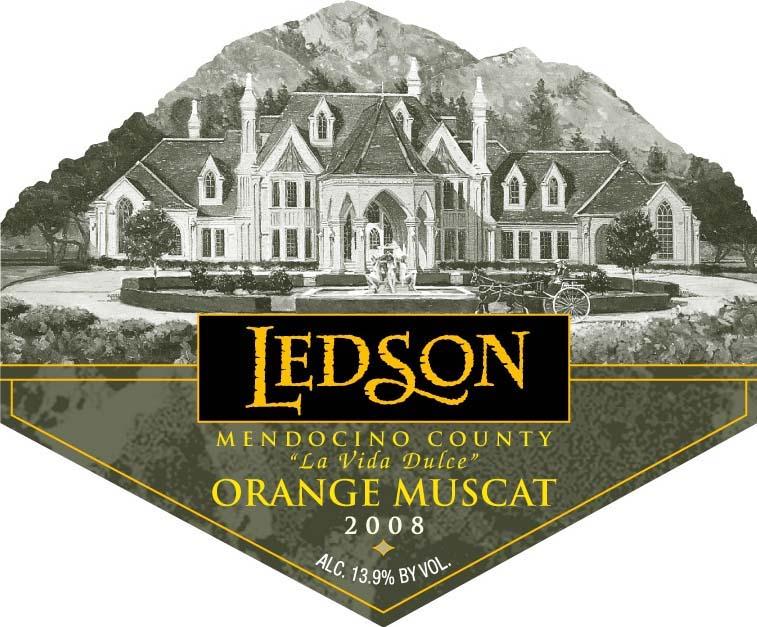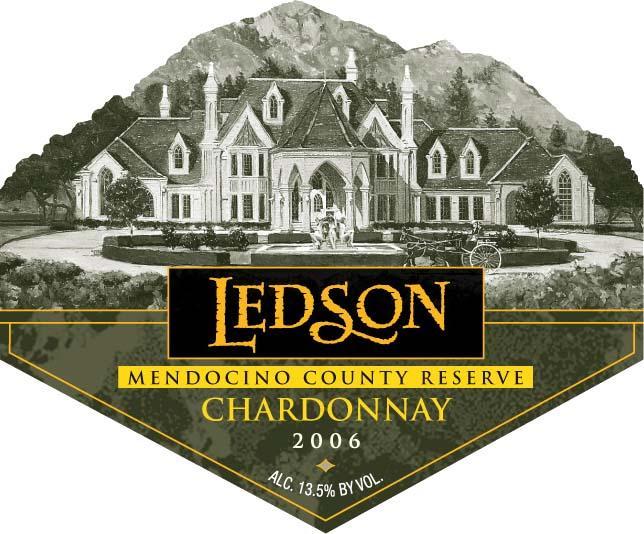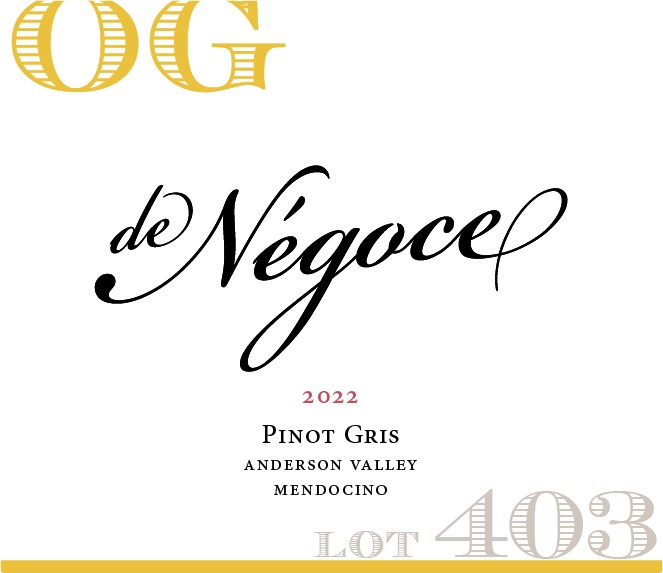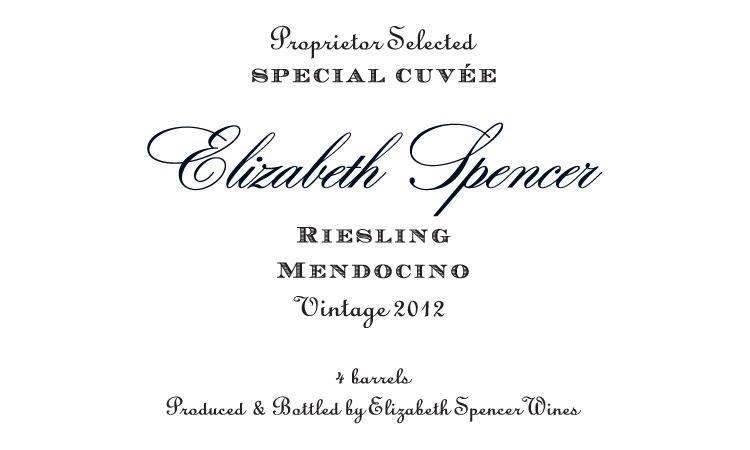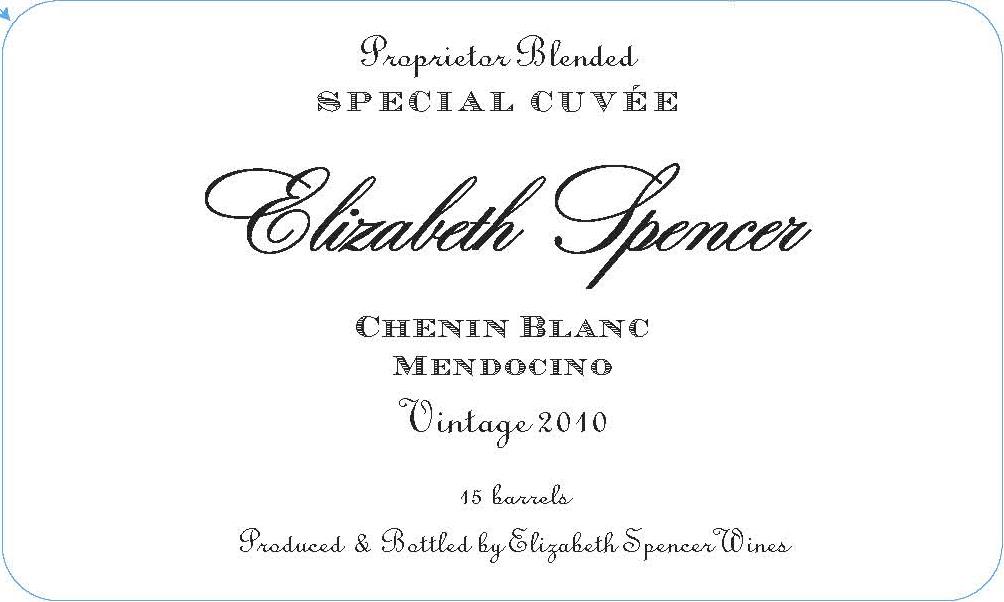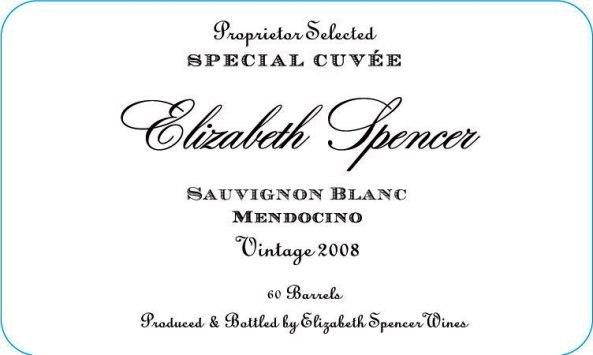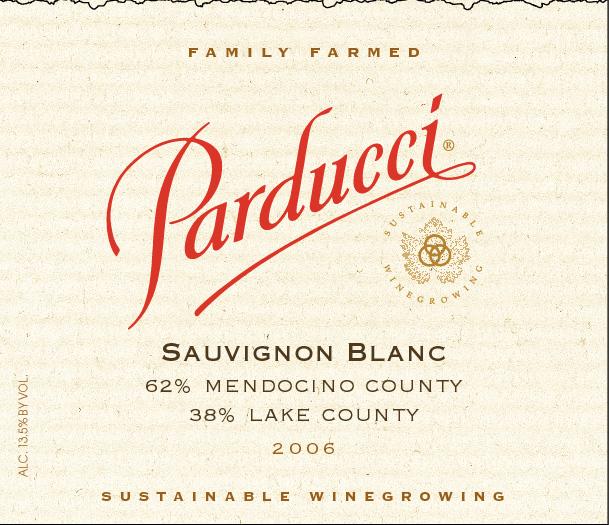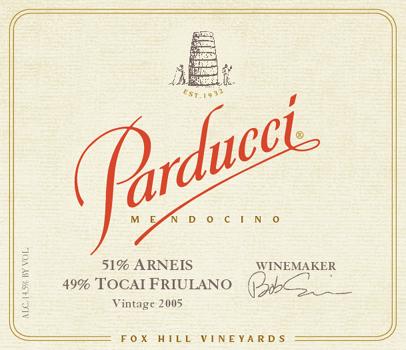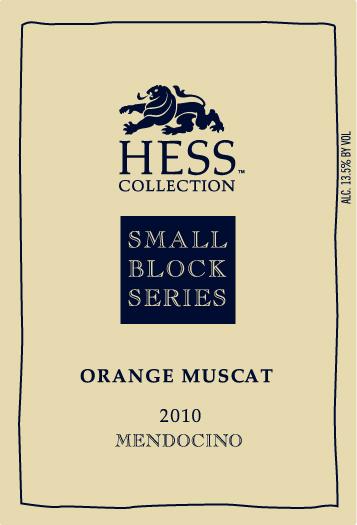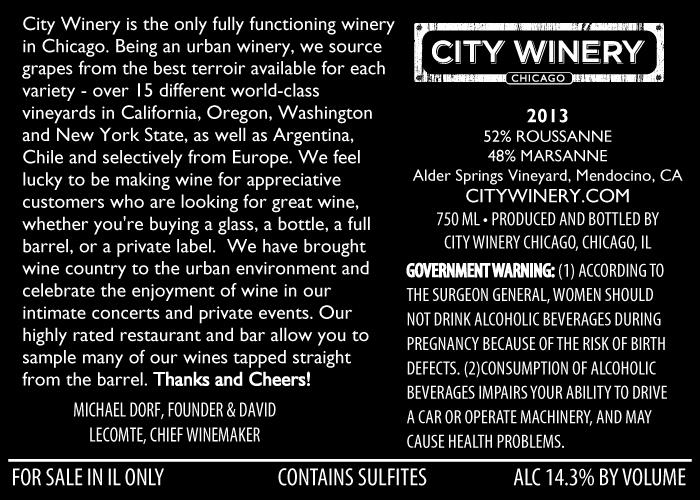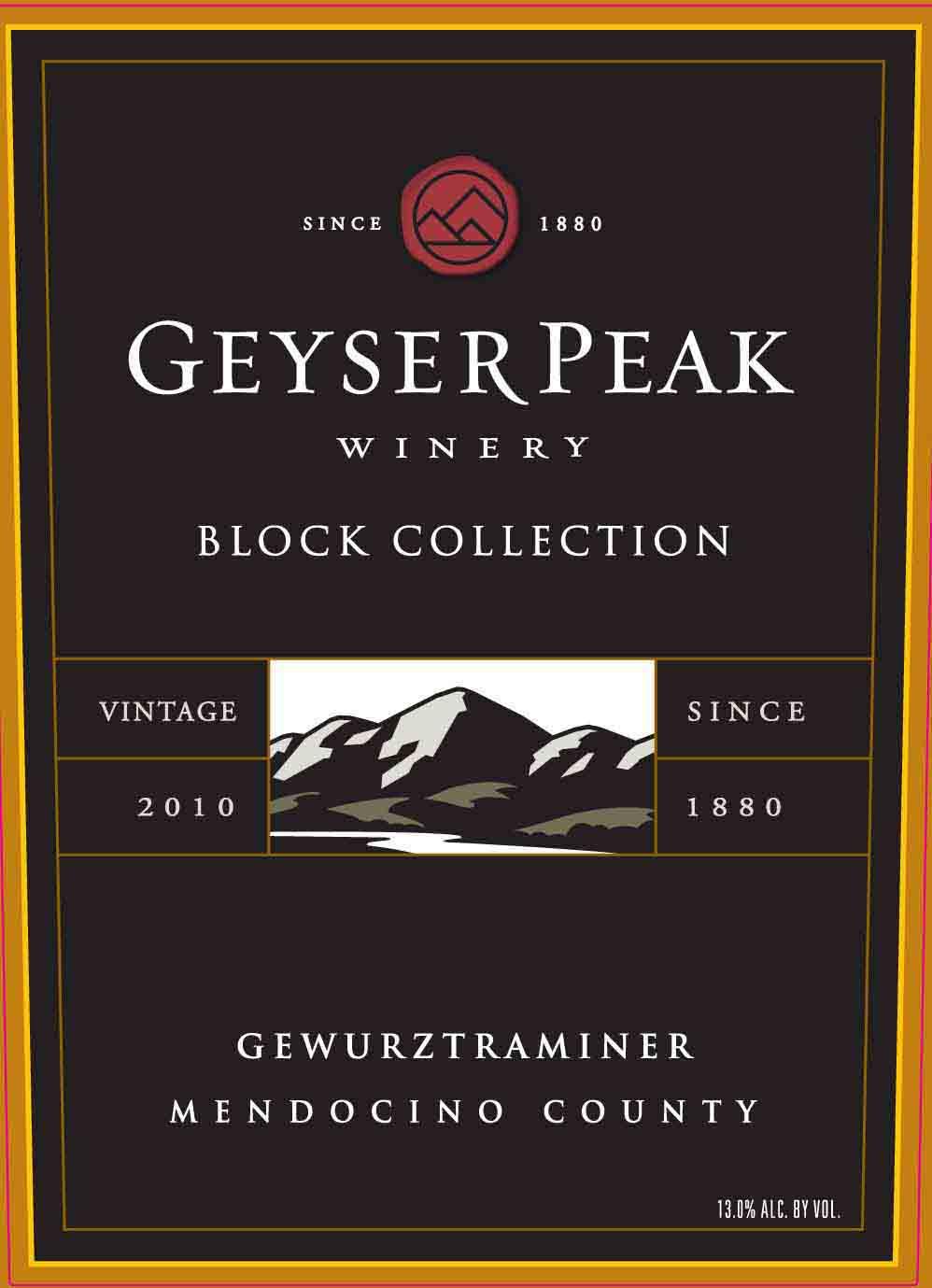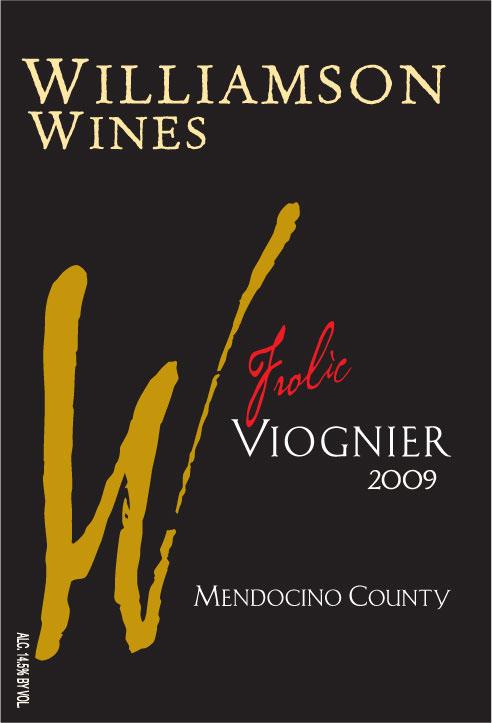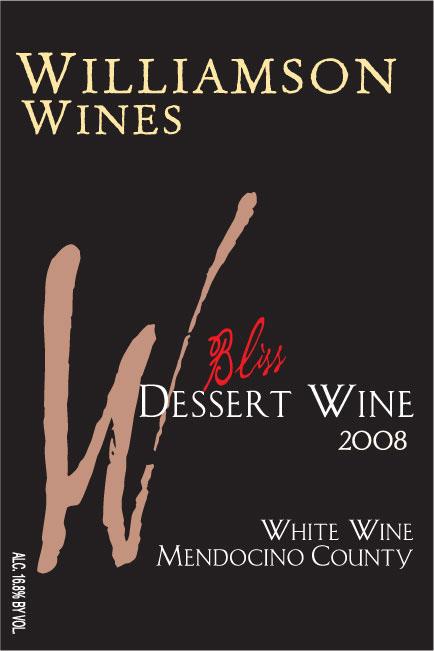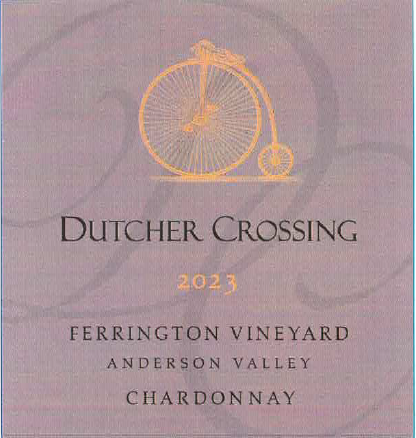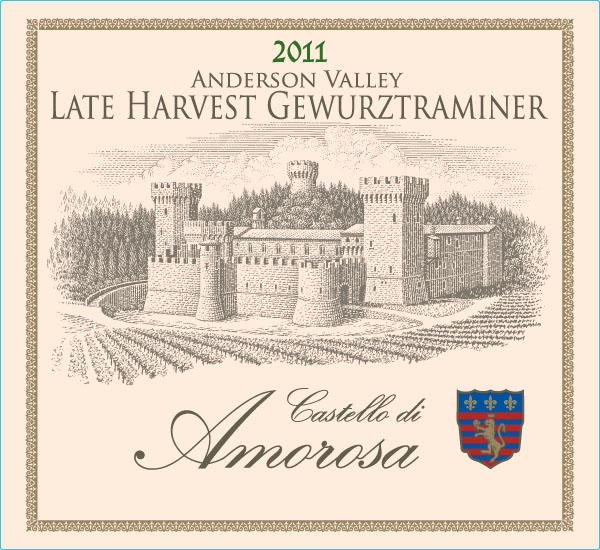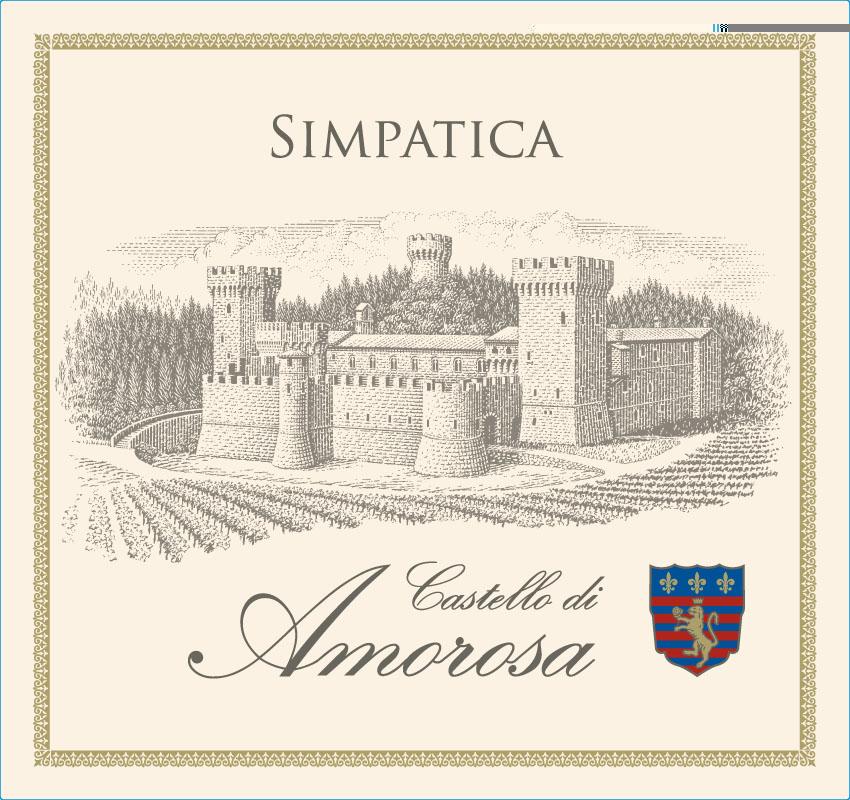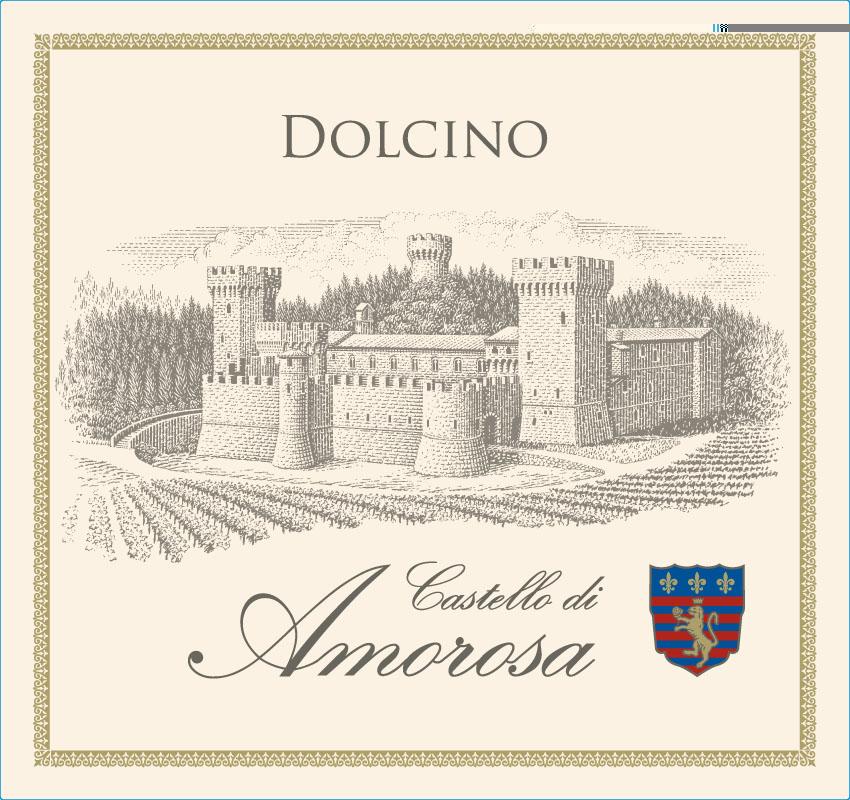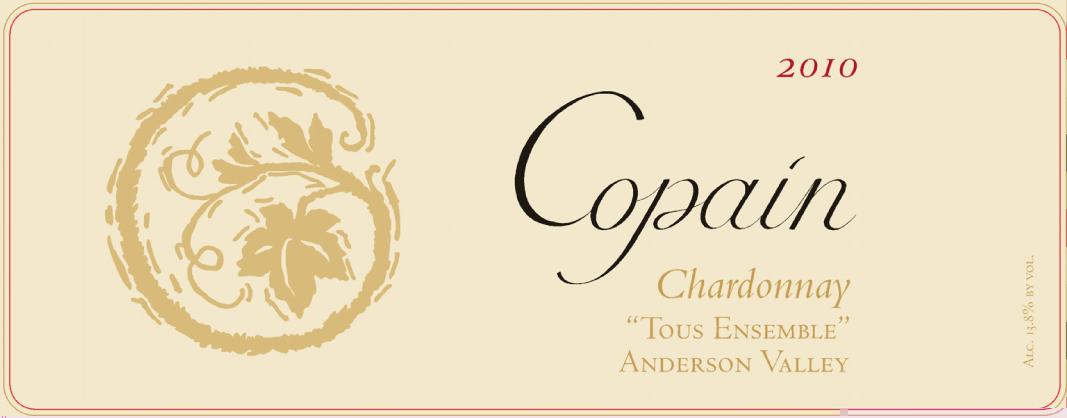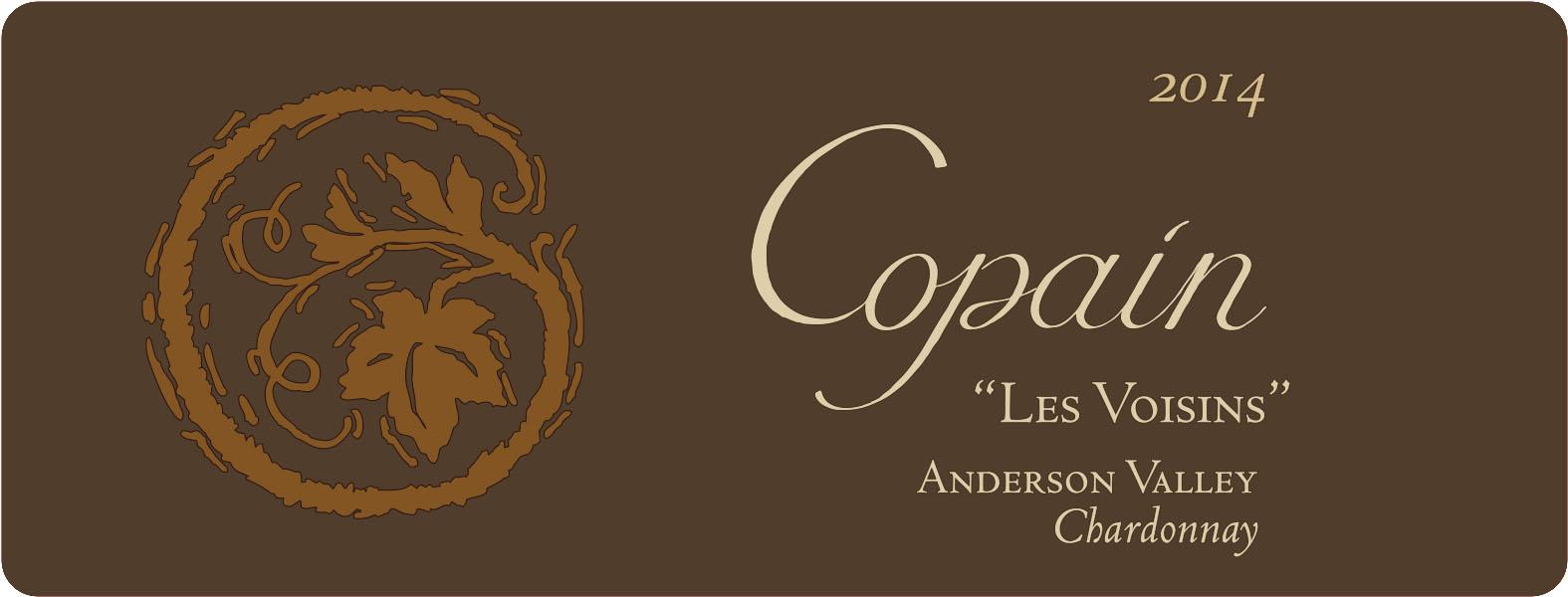Terroir of Mendocino County
Mendocino features a landscape of striking contrasts, with its terroir shaped by diverse climates and soils. The cool coastal regions, including Anderson Valley, are enveloped in Pacific fog, fostering a long growing season ideal for Pinot Noir, Chardonnay, and Gewürztraminer. These vineyards thrive on marine sedimentary soils like shale and loam, which enhance the wines' acidity and minerality.
Inland, areas such as Potter and Ukiah Valleys experience warmer temperatures, perfect for robust varietals like Zinfandel and Cabernet Sauvignon. Here, deeper alluvial soils with volcanic influences support rich, bold flavors.
The high-elevation Mendocino Ridge AVA, with its rugged sandstone, offers concentrated grapes with a mineral essence. Across the region, the interplay of cool and warm microclimates ensures a balance of ripe intensity and bright acidity, crafting wines that are both vibrant and age-worthy.
Notable Wineries in Mendocino County
Mendocino County is a hub of innovation and tradition, boasting notable wineries that exemplify its commitment to quality and sustainability. Here are a few standouts:
-
Fetzer Vineyards: Located in Hopland, this family-run winery pioneered organic farming in the region with their Bonterra label, elevating Mendocino’s green reputation.
-
Frey Vineyards: Among California’s first to produce certified-organic and biodynamic wines, they are celebrated for their fruit-forward, sulfite-free reds.
-
Parducci Wine Cellars: As one of Mendocino’s oldest wineries in Ukiah, they are known for robust red blends and historic charm.
-
Roederer Estate: Famous for their traditional-method sparkling wines, this Anderson Valley winery offers elegant Brut and Rosé.
-
Goldeneye: Part of Duckhorn Wine Company, they produce premium Pinot Noir and Chardonnay, showcasing Anderson Valley’s unique terroir.
Sustainable Winemaking in Mendocino County
Mendocino County stands out as a leader in sustainable winemaking, with a significant number of vineyards adopting organic and biodynamic practices, surpassing state averages. Growers here shun synthetic chemicals, opting for biodiversity and natural pest control. To maintain soil health and prevent erosion, vineyards utilize cover crops and grazing animals like sheep.
Water conservation is crucial in Mendocino, where dry farming and efficient drip irrigation are common. Larger wineries often recycle water and invest in solar energy systems. Many estates employ gravity flow and low-energy methods to reduce their environmental footprint.
Certification programs, such as California Certified Sustainable Winegrowing, are widespread, focusing on protecting local ecosystems. Visitors will find numerous "green" wineries that prioritize soil health, ecosystem balance, and resource stewardship, reflecting Mendocino's commitment to sustainable viticulture.
Wine Tourism in Mendocino County
Mendocino County, a picturesque wine region in California, offers diverse wine tourism experiences. Visitors can explore scenic wine trails, such as State Route 128, which winds through Anderson Valley, connecting charming towns like Boonville and Philo. The area is renowned for its tasting room experiences, ranging from cozy family-run spots to sleek, appointment-only venues with stunning vineyard views.
Accommodations are varied, from country inns to cliffside getaways in coastal towns. Dining emphasizes farm-to-table cuisine, with local produce and seafood. Annual events like the Anderson Valley Pinot Noir Festival celebrate the region's vibrant wine culture.
Outdoor activities complement wine tastings, with options like hiking in redwood forests or biking along the countryside. The region’s commitment to sustainability and organic practices enhances its appeal, providing a balanced blend of natural beauty and exceptional wine experiences.


